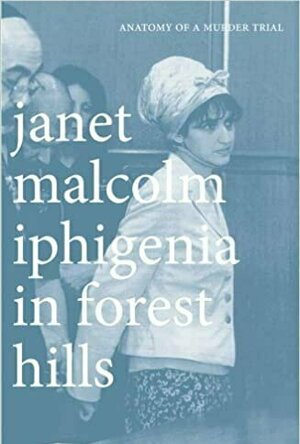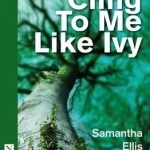
Cling to Me Like Ivy
Book
Samantha Ellis' play was inspired by a chance remark by Victoria Beckham in 2004 which sparked a...
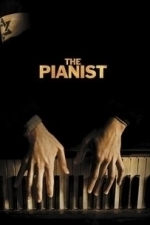
The Pianist (2002)
Movie Watch
In this adaptation of the autobiography "The Pianist: The Extraordinary True Story of One Man's...
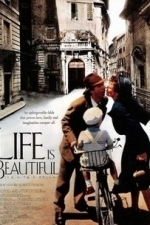
Life is Beautiful (La Vita E Bella) (1999)
Movie Watch
A gentle Jewish-Italian waiter, Guido Orefice (Roberto Benigni), meets Dora (Nicoletta Braschi), a...
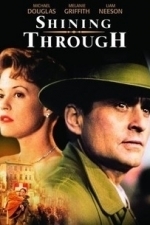
Shining Through (1992)
Movie Watch
Spirited New Yorker Linda Voss (Melanie Griffith) goes to work for international lawyer and secret...
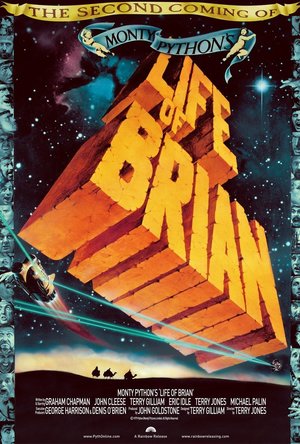
Monty Python's Life of Brian (1979)
Movie Watch
Brian Cohen (Graham Chapman) is an average young Jewish man, but through a series of ridiculous...
Karley Sciortino recommended Iphigenia in Forest Hills: Anantomy of a Murder Trial in Books (curated)
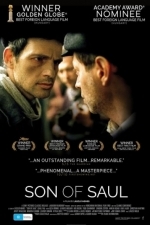
Son Of Saul (2015)
Movie Watch
October 1944, Auschwitz-Birkenau. Saul Ausländer is a Hungarian member of the Sonderkommando,...
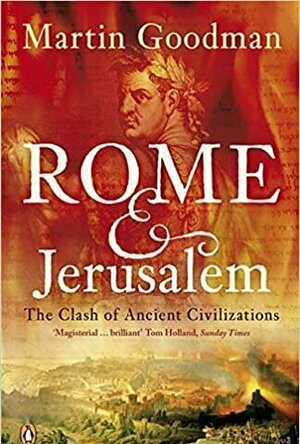
Rome and Jerusalem
Book
In Rome and Jerusalem: The Clash of Ancient Civilizations, Martin Goodman explores the history of a...
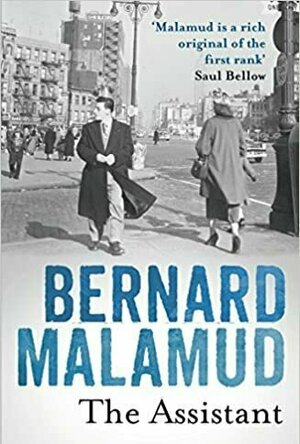
The Assistant
Book
Frank Alpine, a drifter fleeing from his past, runs straight into struggling Brooklyn grocer Morris...
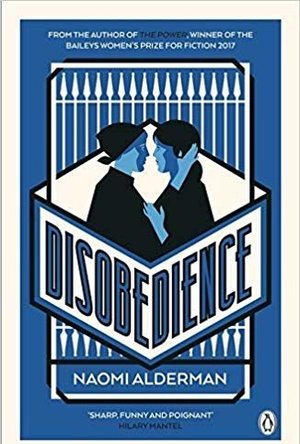
Disobedience
Book
Ronit has left London and transformed her life. She has become a cigarette-smoking, wise-cracking,...
